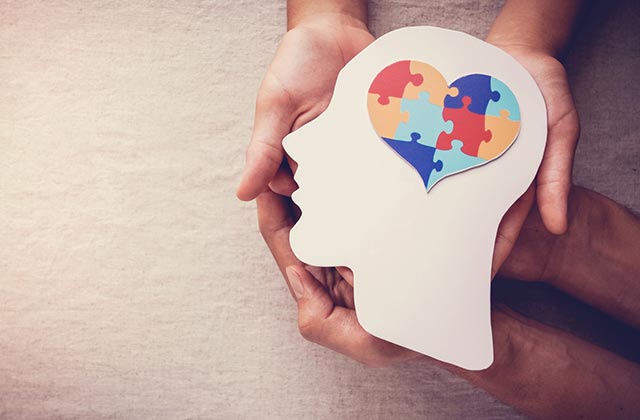Good times and bad times are part of a life’s journey. But there are moments when those memories or experiences haunt us for the rest of our lives.
According to a study, 76% of Canadians have experienced a traumatic event in their lifetime. Some of these traumas are caused by an injury, sexual assault, death of a person close to you, a chronic illness, and war.
In 2013, the Canadian Mental Health Association has conducted a study stating that eight percent of Canadians who have expressed a traumatic event in their life develop PTSD or Post-Traumatic Stress Disorder. An estimated 9.2% of Canadians may suffer and experience a lifetime prevalence rate of PTSD.
Post-Traumatic Stress Disorder or PTSD is a psychiatric disorder that develops when a person has experienced or witnessed a traumatic or dangerous event. Another term of it is called “shell shock” particularly used during the war. People who are diagnosed with PTSD experience disturbing thoughts and emotions that often reccur after surviving a traumatic event. They may have vivid flashbacks and outbursts of emotions like sadness, anger, and fear. They may avoid going to places that remind them of their trauma. They may have sensitive reactions to sounds and noises. Anything that reminds them of their trauma causes them to be jumpy and jittery, uneasy, and have a complete turnaround of emotion.
What are known symptoms of PTSD?
- Reoccuring Dreams and nightmares
- Irritable
- Difficulty in sleeping
- Negative cognitions
- Vivid flashbacks
- Avoiding stimuli related to a traumatic event
- Intrusive thoughts related to a traumatic event
- Uncomfortable in social gatherings and crowded places
What usually causes PTSD?
Each person processes situations differently.The causes of PTSD may vary for every person and their experiences. These are some of the events and situations in life that may lead to a post-traumatic stress disorder:
- War
- Natural disasters
- Accidents resulting in injuries
- Physical and sexual abuse
- Childhood and domestic abuse
- Serious health problems
- Miscarriage
- Torture
- Exposure to traumatic events
- Sudden death of a loved one
How can you help a person living with PTSD?
- Provide social support
People with PTSD find it difficult to open up and let people in their lives. Family and friends need to encourage their loved ones suffering from PTSD to spend time with each other. One of the most important factors in PTSD recovery is face-to-face support and conversations from their families and friends. Be patient and wait for them to be ready to let you in their walls.
Encourage them to go out and try new things and adventures with you. But at the same time, respect their boundaries and make sure not to force them into something they’re not ready for. Reassure them that they are accepted and loved. Research on your own about PTSD and its symptoms, treatment, and effects. Make sure to also take care of your mental health while helping others deal with them. A lot of times, family and friends of a patient may have a hard time helping their loved ones in recovery.
- Listen
Be an attentive listener to the person suffering from PTSD. Engage in conversation with them until they are comfortable in sharing their traumatic experiences. Make sure to listen not with judgement but with acceptance. The person with PTSD may have repetitive stories reminiscing his traumatic event. Be patient to listen to their stories even if you’ve heard it over and over again.
- Build up Trust and Safety
One issue of a person with PTSD is broken trust. So let your loved one know that they have you to rely on and that they are not alone in their recovery. Create routines with them for them to have a sense of stability and security. Encourage a healthy living and diet, physical exercise, and let them enjoy nature which will help boost their dopamine, norepinephrine, and serotonin. These hormones help boost one’s mood. Show that you can be trusted by your loved one and minimize stresses at home. Encourage them to have a goal and plans to look forward to for them to persevere to get better. Let them know you love them but at the same time, give them a space to grow and find strength by themselves so they may have confidence and a sense of control in their life.
- Lead them to find professional help
It is important for people suffering from PTSD to get help from a professional. If do not want to go to a walk in clinic Brantford, getting online psychiatric consultations are the most convenient way of treating PTSD. Just search for online doctors in Canada. There are psychiatrists and psychologists available online to treat PTSD. Psychotherapy is a talk therapy used to treat PTSD that involves personal or online interaction between the psychiatrist and the patient. Psychotherapy involves behavioral therapy, cognitive therapy, humanistic therapy, and holistic therapy that helps improve one’s mental health resolving issues of past traumas.
